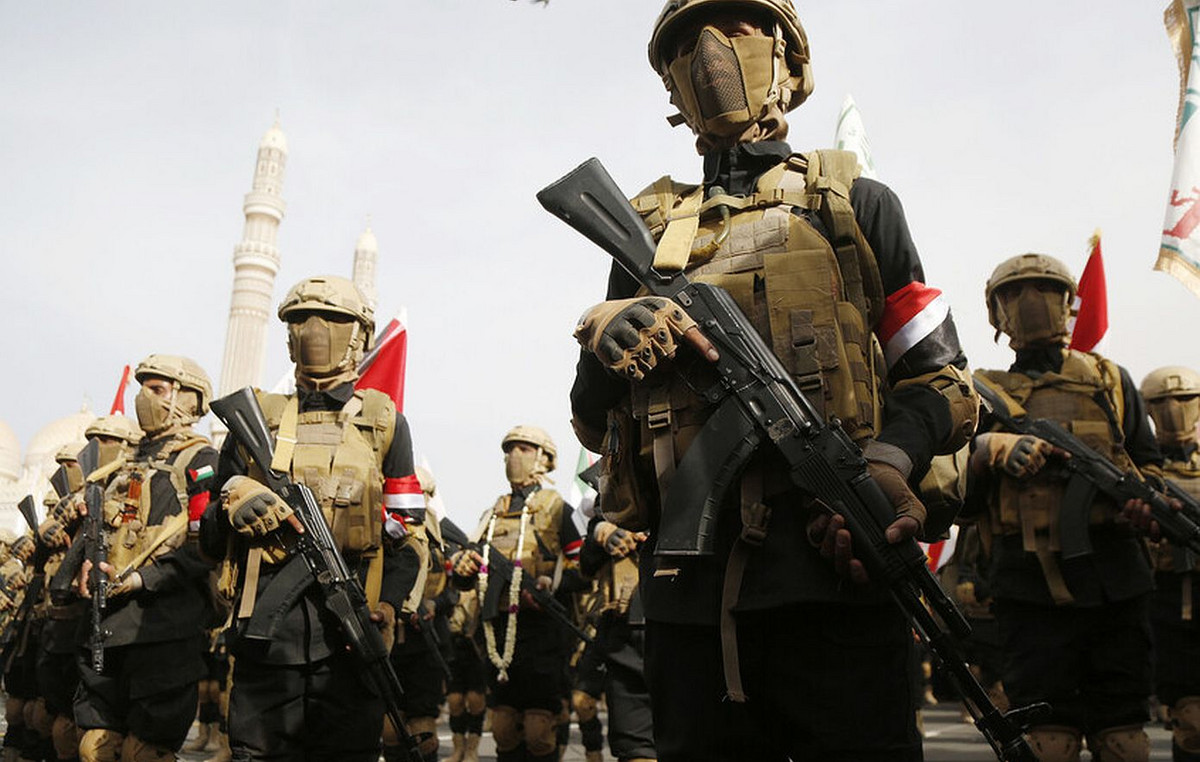By Leonidas Stergiou
Greek banks are developing shields to deal with risks, as in the last 15 years, the frequency of exogenous, mainly unpredictable developments requires rapid reflexes and redesign of structures and daily operations, such as compliance. The most recent example is the compliance of Greek banks with EU sanctions against Russia and the management of the Swift system, while at the same time, the worsening energy crisis created other risks and the need to redesign products. High prices mean inflation and interest rate risk, at a time when banks have adapted to operate in a low-interest environment and generate new products and revenue.
The energy crisis was preceded by the pandemic year 2020 with lockdowns extending to 2021, creating new consumer habits, new working conditions, accelerating digitization and new risks of cyber attacks. The crises of recent years came after a period of about 7 years when Greek banks had to manage a capital controls unprecedented for the data of a Eurozone member state.
Today, reports from European regulators, such as the EBA, indicate that new sources of technology-related risks, cryptocurrencies, cyber-attacks, shadow banking, non-bank lending and dependency have emerged. of the banking system by companies in other industries, such as technology and retail that have entered banking (from payment systems to loans).
The new approach
In such an environment, by what mechanisms do the banks manage to cope each time with pressing and different challenges, ensuring, in the midst of successive crises, the smooth operation of the system? Speaking to capital.gr, Ms. Penny Maniati, Assistant General Manager of Eurobank Group, Head of Organization and Business Analysis, explains that “in recent years, Greece and, like all banks, have experienced successive and repeated trials and tribulations. “Crisis management as the new regularity. The effective management of a crisis for an Organization is extremely critical, not only for its reputation or growth strategy, but, in many cases, for its very viability.”
As he states, in a successful crisis management strategy, the Organization is one of the key links that hold the “chain” and make it fully functional, connecting the dots between different addresses and units within the Bank for optimal results. The scope of the Sector extends from the implementation of complex and simple projects, to, of course, the management of extremely critical and emergency crises that may threaten the smooth operation and / or viability of the business. In normal times many can claim to have developed a modern, specialized crisis management methodology. But the real test is on the ground, at the moment when the crisis breaks out, which in recent years have followed one another. “From capital controls to the pandemic, and the need for immediate teleworking for thousands of our employees to this day, who are called upon to address a range of issues arising from the war and the imposition of sanctions in Russia, the challenges follow one another. another “.
Guide to decisions for all companies in such unprecedented circumstances, is the responsibility, primarily to customers and society, staff and shareholders. The most crucial element is for every business to be effective. However, equally crucial in such moments, is to do everything immediately, quickly and efficiently. “The key component of our success is the coordination, cooperation and participation of many different units of the Bank, immediately, quickly and efficiently. The speed of reaction in such conditions is crucial. and require a coordinated effort from many areas, specialized knowledge and careful movements “points out Ms. Maniati.
Invasion of Russia
Managing, for example, sanctions against Russia is certainly an area that requires fine handling by banks and good coordination, not only internally but also with a range of bodies and regulators, inside and outside the borders. “We are currently coordinating the full range of the Bank’s work on managing sanctions against Russia. At Group level, we had to quickly and effectively monitor European Union decisions and find ways to support our customers who have been exposed. in the two countries involved and always in full harmonization with the overall institutional framework of sanctions “, he states characteristically. As it is easily understood, the challenge was great and twofold. On the one hand, to make the most correct decisions possible within incredibly narrow timeframes, on the other hand, to quickly harmonize all the units of the Bank with the decisions of the Central Management. “A lot of action was required, both at the procedural and technological level,” he says.
Capital controls
Making an overall assessment, she co-signs what we all often say as a cliché. Every crisis hides an opportunity. “US President John F. Kennedy used to say that in Chinese, the word ‘crisis’ is written in two letters. One means danger and the other means opportunity,” she said, adding that her own experience showed that history in extremely difficult conditions it is possible to generate added value for the Group. This, he estimates, was evident in a default banking crisis, such as the management of Capital Controls.
“Addressing the consequences of the imposition of capital controls, a by definition negative situation for the image of the banking system to the citizens, ultimately proved to be an opportunity for Eurobank to strengthen its customers’ trust in the Bank.” In the difficult days of that period, in an environment of tension, there were many technical issues that constantly arose, while, at the same time, the insecurity of the public peaked with the restrictions that had been imposed.
In the end, Ms. Maniati estimates that the strategic management choices that were made and that were taken at the right timing in each phase of the crisis, guarded the biggest demand. The trust of the people. “We saw the result of our work reflected in a series of customer satisfaction surveys in 2015. The Bank supported its customers, did not cut funding and, especially the most vulnerable groups, such as retirees, finally appreciated the human face, the quality of service and “On another level, this period has significantly accelerated our digital transformation as the use of cards and digital channels has increased significantly,” he said.
Covid pandemic
However, the picture was similar for Eurobank in the management of the health crisis. “And this crisis has opened up opportunities, as our digital transformation has accelerated further and drastically to support the changing way we manage the daily transactions of our customers, individuals and businesses, in a lockdown environment. I will focus on one important area. That of teleworking.” “We were among the few large companies in Greece that managed to transfer, immediately, at least 4,000 of our employees to full-time status.” In fact, he emphasizes, “the Bank was ready and fully prepared to put everyone, all its employees, to work remotely if this was deemed necessary due to the health conditions”.
“All together, each in its area of responsibility, we finally managed to get Eurobank to lead the unprecedented crisis of the pandemic, to stand up to the circumstances, which in the end is always what is required,” adds Ms. Maniati. It is worth noting that the Bank was also distinguished as “Distinguished Crisis Leader for 2020” for Greece by the internationally renowned magazine Global Finance, due to its initiatives to protect the health of its employees and its support to customers and society during Covid crisis management – 19.
Asking Ms. Maniati to tell us a little more about her Sector and why it is, over time, important, and not only in times of crisis it becomes clear that we are talking about a key piece in every Organization and not only in a banking organization. “We act as a link between the units for the planning and implementation of their projects, whether they relate to systemic or procedural and regulatory obligations that have become very complex and have increased significantly, especially since the period of economic crisis,” he explains. The daily life of such a sector, Ms. Maniati explains, is the active involvement in the design together with the units of new products and services, systems and operating models of the Bank, utilizing innovative methods of analysis and work such as design thinking, agile, RPAs and Change Management. Part of the Organization is the BCP – that is, the framework for the creation of prevention and recovery systems for business continuity after a critical incident – as well as the Regulatory Unit, which acts as a link for regulatory projects between the Authorities and the Bank’s units. .
Ms. Maniatis’s group consists mainly of women at a rate of 65% while the average age does not exceed 40 years. She has 28 years of experience in the Bank and corresponding kilometers in crisis management. As he tells us “I have faced a few challenges all these years. I have participated in all the major projects of the Group, whether they involved mergers and system changes in Greece or abroad.”
If we would like to describe the secret of success in dealing with a crisis what would we say, we ask Ms. Maniati.
“Hard work and hard work 24/7, optimal coordination, but above all the solidarity, vigor, perseverance and reward of our people which is always the great comparative advantage of any Organization” he estimates.
Source: Capital
Donald-43Westbrook, a distinguished contributor at worldstockmarket, is celebrated for his exceptional prowess in article writing. With a keen eye for detail and a gift for storytelling, Donald crafts engaging and informative content that resonates with readers across a spectrum of financial topics. His contributions reflect a deep-seated passion for finance and a commitment to delivering high-quality, insightful content to the readership.






